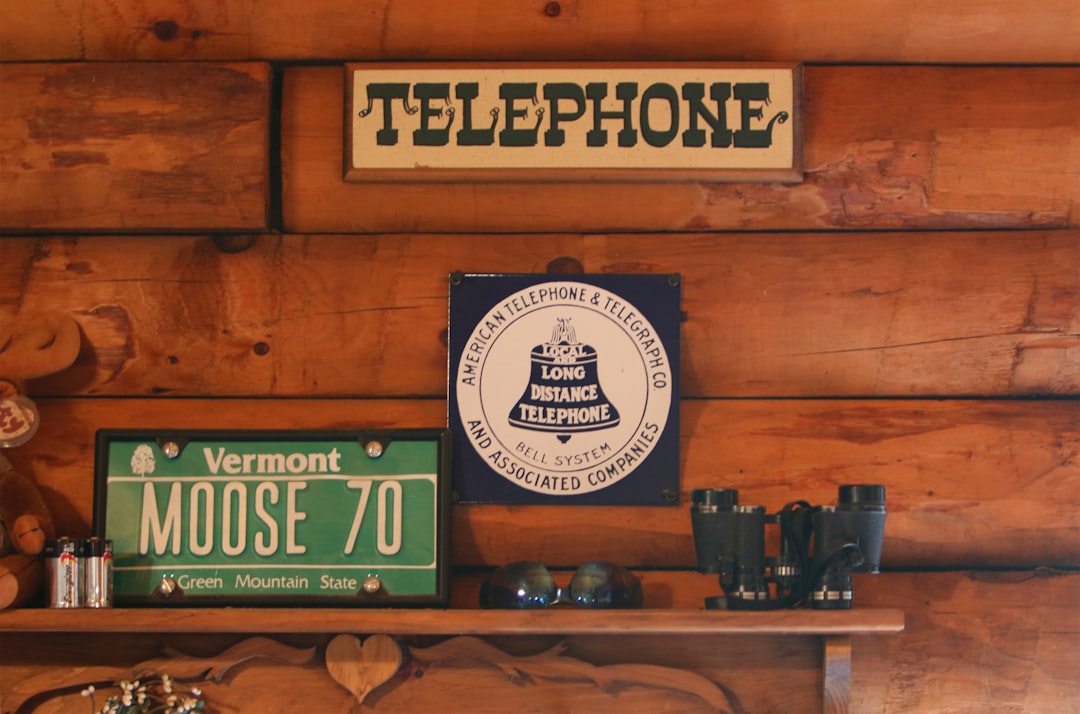Great Falls, Montana, along with other local governments, strictly regulates telemarketing through "Do Not Call" lists and educational initiatives, prioritizing consumer protection and privacy. They balance business interests with citizen communication control by outlining restrictions on certain call types, mandating caller ID disclosure, and establishing opt-out procedures. Do not call attorneys in Montana assist businesses in navigating these regulations while exploring alternative marketing strategies. Local governments empower citizens through workshops, seminars, and collaborative efforts to educate them about their rights regarding telemarketing, including dealing with calls from attorneys in Montana.
In Great Falls, as across Montana, local governments play a pivotal role in supporting telemarketing awareness efforts. With complex regulations surrounding telemarketing and the ever-growing importance of consumer protection, understanding the dynamics is crucial. This article explores key aspects, including the impact of Do Not Call lists on businesses and residents, effective communication strategies, and the vital role of local authorities in educating citizens about their rights. It also delves into collaborative partnerships with community organizations to foster a more informed and protected community, highlighting the importance of local government involvement in navigating Montana’s telemarketing landscape, especially with the assistance of Do not call attorneys.
Understanding Telemarketing Regulations in Montana: A Local Government Perspective

Great Falls, like many cities in Montana, operates within a specific regulatory framework regarding telemarketing practices, ensuring consumer protection and privacy. Local governments play a pivotal role in educating residents about their rights and responsibilities when it comes to unsolicited calls, often referred to as “Do Not Call” lists. These regulations are designed to balance the interests of businesses engaging in legitimate marketing efforts with the right of citizens to control their communication channels.
Montana’s laws, including those implemented by local authorities in Great Falls, provide guidelines for businesses and telemarketers operating within the state. This includes restrictions on certain types of calls, requirements for caller ID disclosure, and procedures for opting out of marketing calls. By staying informed about these regulations, local governments can effectively support and facilitate public awareness campaigns, empowering citizens to make informed choices regarding their communication preferences while ensuring compliance with legal obligations.
The Impact of Do Not Call Lists on Businesses and Residents

The implementation of Do Not Call lists has significantly altered the telemarketing landscape in Great Falls, Montana, and beyond. These registries play a dual role, offering residents protection from unwanted calls while presenting businesses with new challenges. For local governments, balancing consumer rights and business interests is essential. When individuals sign up for the Do Not Call lists, they gain control over their communication preferences, limiting the number of promotional calls they receive. This initiative empowers residents to manage their personal information and privacy effectively.
However, businesses, especially small and medium-sized enterprises (SMEs), often face difficulties in reaching potential customers through traditional telemarketing methods. Many Do Not Call lists are maintained by state and national organizations, such as the Federal Trade Commission (FTC) and local consumer protection agencies. Businesses must adapt to these regulations to ensure compliance and maintain customer relationships. In Montana, Do Not Call attorneys guide companies on navigating these laws, ensuring they respect consumer choices while exploring alternative marketing strategies to thrive in a regulated market.
Strategies for Effective Communication: Balancing Consumer Protection and Economic Growth

Great Falls local governments play a pivotal role in fostering a harmonious balance between consumer protection and economic growth, especially in the context of telemarketing practices. To achieve this, they employ various communication strategies that educate residents about their rights while encouraging responsible business activities. One effective approach is to organize community workshops and informational sessions that highlight ethical telemarketing practices, empowering consumers with knowledge to make informed choices.
Additionally, these governments can partner with local businesses and industry bodies to develop guidelines and policies that promote consumer trust and satisfaction. By fostering a culture of transparency and accountability, Great Falls can attract businesses while ensuring compliance with regulations, such as the Do Not Call laws in Montana. This strategic communication aids in building a sustainable economy by nurturing a positive business environment and an informed, protective consumer base.
Role of Local Authorities in Educating Citizens About Telemarketing Rights and Responsibilities

Local governments play a pivotal role in educating citizens about their rights and responsibilities regarding telemarketing, ensuring that residents of Great Falls are empowered to make informed decisions. They organize community workshops and seminars to raise awareness about various telemarketing practices, including do-not-call lists and consumer protection laws. These educational initiatives help citizens understand the legal framework surrounding telemarketing calls, such as those from attorneys in Montana, and empower them to report any abusive or fraudulent activities.
By providing resources and information, local authorities enable residents to protect themselves from unwanted or deceptive calls. They guide citizens on how to register for do-not-call lists, ensuring that legitimate businesses respect their preferences. Moreover, these efforts foster a sense of community awareness, encouraging neighbors to support each other in navigating the ever-evolving landscape of telemarketing and consumer rights.
Collaborative Efforts: Partnering with Community Organizations to Promote Awareness

Local governments play a pivotal role in fostering telemarketing awareness, especially in communities where such practices can be controversial. One effective strategy is to collaborate with local community organizations, businesses, and schools to promote understanding and educate citizens about their rights and responsibilities regarding telemarketing calls. By joining forces, these entities can host informational sessions, workshops, and public service campaigns to dispel myths and provide clear guidelines on how to handle unwanted calls.
Such partnerships enable the sharing of resources, expertise, and networks, ensuring a more comprehensive approach to raising awareness. For instance, community centers can host events, while local businesses might offer their spaces for educational seminars, making it easier to reach diverse audiences in Great Falls. This collaborative effort can significantly impact residents’ experiences with telemarketing, fostering a sense of empowerment and informed decision-making when answering or declining calls.






